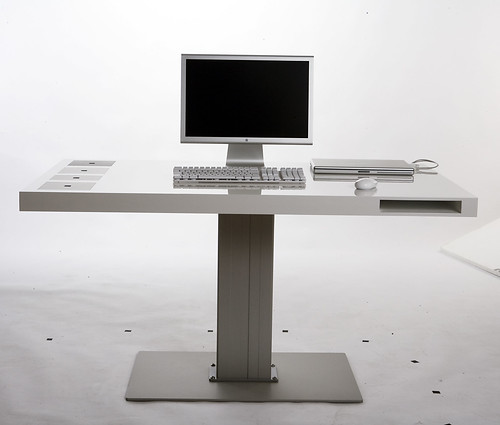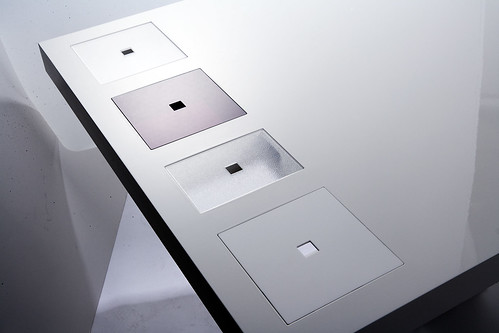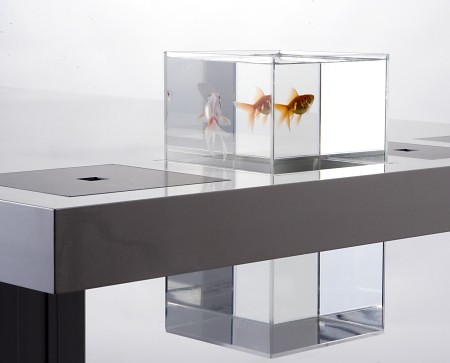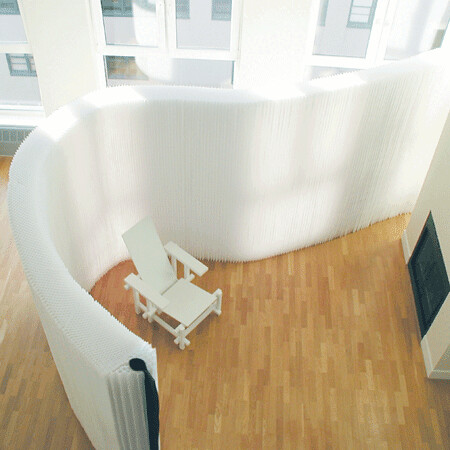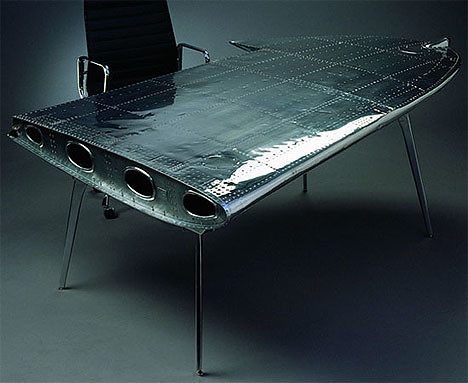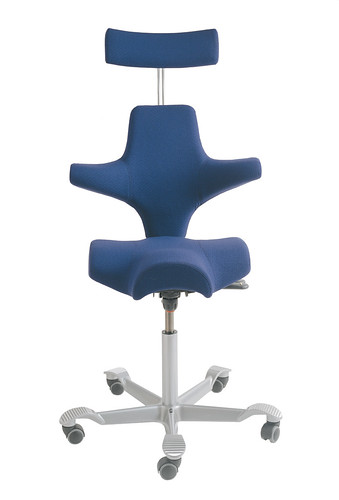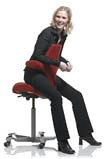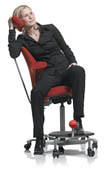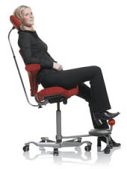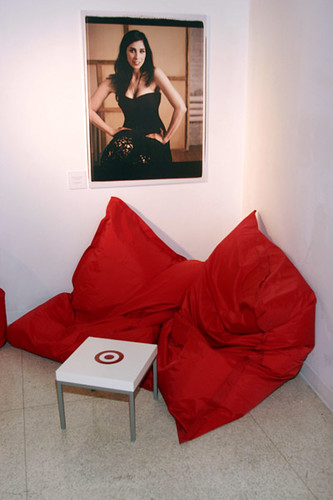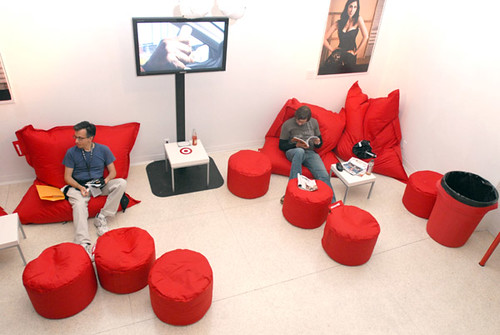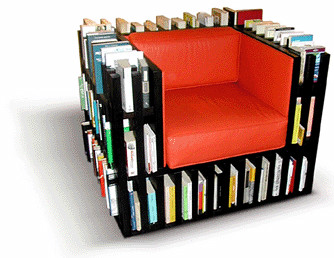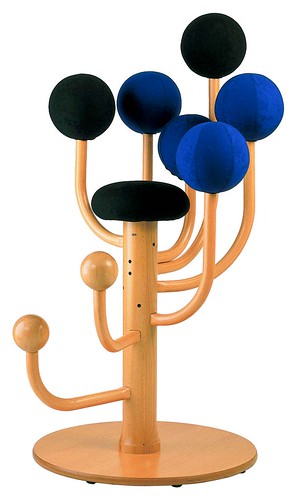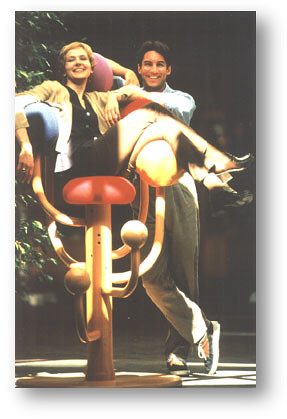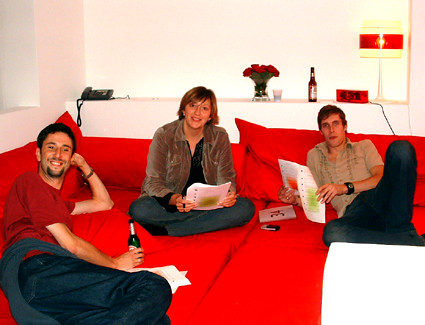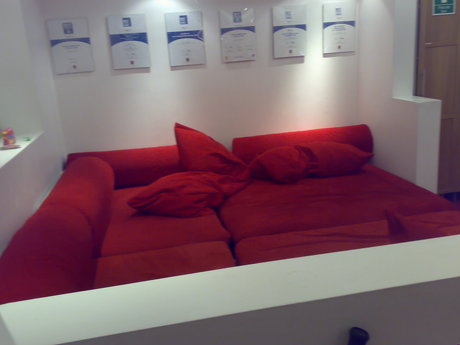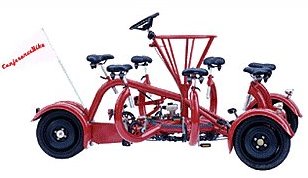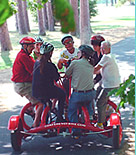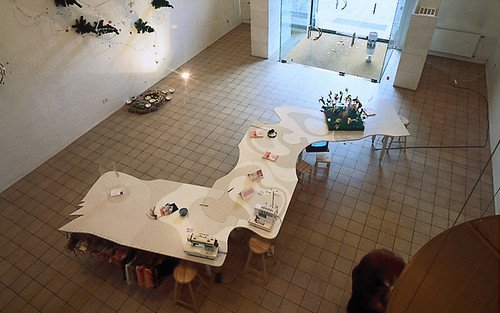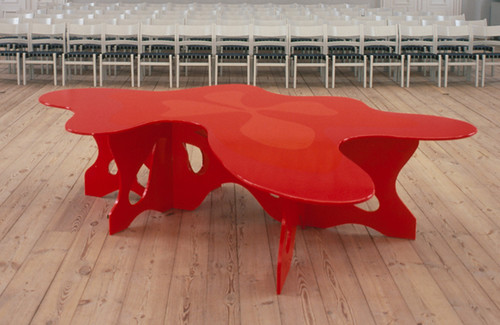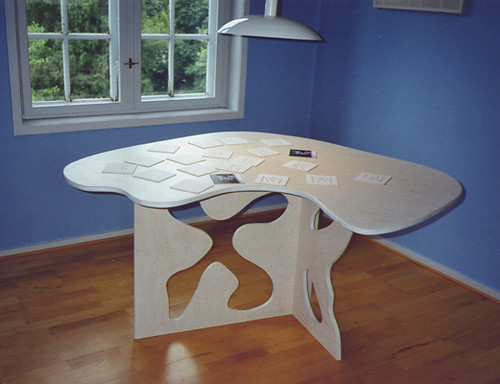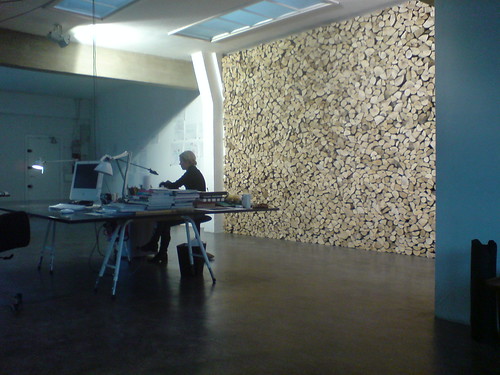How to Make Yourself Standout in an Interview |
| |||||||
Believe it or not, it is not your outstanding professional track record or your exceptional academic pedigree that make you standout in an interview. Those are the things that get you the interview. Once you walk in the room and sit down in front of the interviewer, it is a whole new ball game. If you want to Standout in Your Interview, you need to focus on the following steps to differentiate yourself from your peers. Deep Knowledge of the Company, Industry, Job As George Orwell said in the classic novel, 1984, “Knowledge is Power”. The more you know about the company, industry & job, the more impressive your interview will be. This does not mean that you need to throw out facts about how many employees the company has in Bulgaria. However, the fact that you know that the company has significant operations in Bulgaria will enable you to be more confident and insightful in your responses to the interviewer’s questions. The fact that you know that the top 5 companies in the industry control 60% of the market allows you to better understand the pricing pressures in the market. In a nutshell, the more you know, the better you will perform. What you need to know about the JOB > What you need to know about the COMPANY > What you need to know about the INDUSTRY > Ability to have a conversation about industry trends The best interviews I have conducted, felt more like conversations than interrogations. In several, I left the interview knowing more than when it began. These are interviews and candidates that distinguish themselves. When the interviewer can hold a substantive conversation about an industry related topic for 15-20 minutes with a person, they will remember that person. If the candidate can actually tell them something they didn’t know, even better. In some cases, this conversational tone is driven by the interviewer. In others, you as the interviewee might have to take the conversation in that direction. Before you go into the interview, you should outline three significant current trends or events in the industry. Research those with a particular emphasis on differing perspectives of industry leaders. Prepare an industry research summary > Control the Interview I can remember an interview I had with Sammy, a young college sophomore that I interviewed for a summer internship position on Wall Street five years ago. I left that interview feeling as though I was the one who had just been interviewed. He completely controlled the conversation. Now this tactic can backfire. It is more art than science. You don’t want to force the issue by bombarding your interviewer with innumerable questions. However, a very natural, inquisitive tone where you are asking a series of questions that you are GENUINELY interested in and that follow a logical sequence, will get you there. Controlling the interview does not mean that you solely ask questions. It also means that you communicate the skills and experiences you know highlight you as the best candidate. You must make sure that your story gets told. I typically suggest that you write down your 5 most compelling qualities and make sure that you reference all of them throughout the interview. Even if this means that at the end of the interview you must list the three most compelling reasons why you should be hired. Ask Good & Insightful Questions There is always an incredible emphasis placed on what questions are asked during an interview. What most people fail to understand is that “questions” don’t matter. “Good questions” matter. In fact, asking bad questions may be more injurious to your cause than not asking any questions at all. It further exposes your lack of knowledge. Good questions inform the interviewer of both your knowledge and interest. If you cannot come up with a single good question, that tells the interviewer that you frankly are not that interested in the opportunity. If your question is not very insightful, it also communicates that you have not done your research on the opportunity. Good Questions to Ask in the Interview > Comfort / Ease of Conversation As a former athlete, I can understand being a little nervous before an interview. I was always nervous before games. However, once the game started, I became extremely comfortable. That is because the only thing you can do is play your game. The same is true of your interview. There is no need to be very nervous because, even more so than an athletic contest, the interview is all about you. It is about your story, knowledge and interest. Why be nervous? You should know your story – it is “your” story after all. No one is expecting you to communicate why they should hire someone else. The knowledge part is simple as well. If you have prepared, you know what you know and know what you don’t know. If you are asked something you don’t know, you should be able to recover by talking about something you know well later in the interview. And, finally, your interest is either real or not. If you are interested, then you should have put in the work to be prepared. If you are not interested, then who cares how the interview goes. The best interviewees are fairly relaxed when the interview starts. The interviewer should be able to feel that | |||||||


